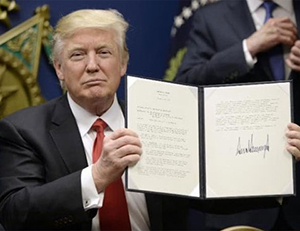Washington D.C., April 21: North Korea's leader, Kim Jong Un, is in grave danger following a surgery this month, according to a US intelligence official with direct knowledge.
Kim recently missed the celebration of his grandfather's birthday on April 15, which raised speculation about his well-being. He had been seen four days before that at a government meeting, according to intelligence reports cited by CNN.
The National Security Council and Office of the Director of National Intelligence have however declined to comment on the matter.
CNN has also reached out to the CIA and the State Department for comment and sought comment from the South Koreans.
Kim's absences from official state media often spark speculation and rumors about his health. North Korea has no free press and is often a black hole when it comes to the country's leadership. Analysts are heavily reliant on scanning state media dispatches and watching propaganda videos for any semblance of a clue.
Kim last appeared in North Korean state media on April 11. April 15 -- North Korea's most important holiday, the anniversary of the birth of the country's founding father, Kim Il Sung -- came and went without any official mention of Kim Jong Un's movements.
Experts are unsure of what to make of Kim's absence from any festivities celebrating his grandfather. When North Korean leaders have not shown up to these important celebrations in the past, it has portended major developments. But it has also turned out to be nothing.
"There have been a number of recent rumours about Kim's health (smoking, heart, and brain). If Kim is hospitalized, it would explain why he wasn't present on the important April 15th celebrations," said Bruce Klingner, a senior research fellow at the Heritage Foundation and former CIA deputy division chief for North Korea. "But, over the years, there have been a number of false health rumors about Kim Jong-un or his father. We'll have to wait and see."
Kim Jong Il's absence from a parade celebrating North Korea's 60th anniversary in 2008 was followed by rumblings that he was in poor health. It was later revealed he had a stroke, after which his health continued to decline until his death in 2011.
Kim Jong Un disappeared from the public eye for more than a month in 2014, which also prompted speculation about his health. He returned sporting a cane, and days later South Korean intelligence said that he had a cyst removed from his ankle.






Comments
Add new comment